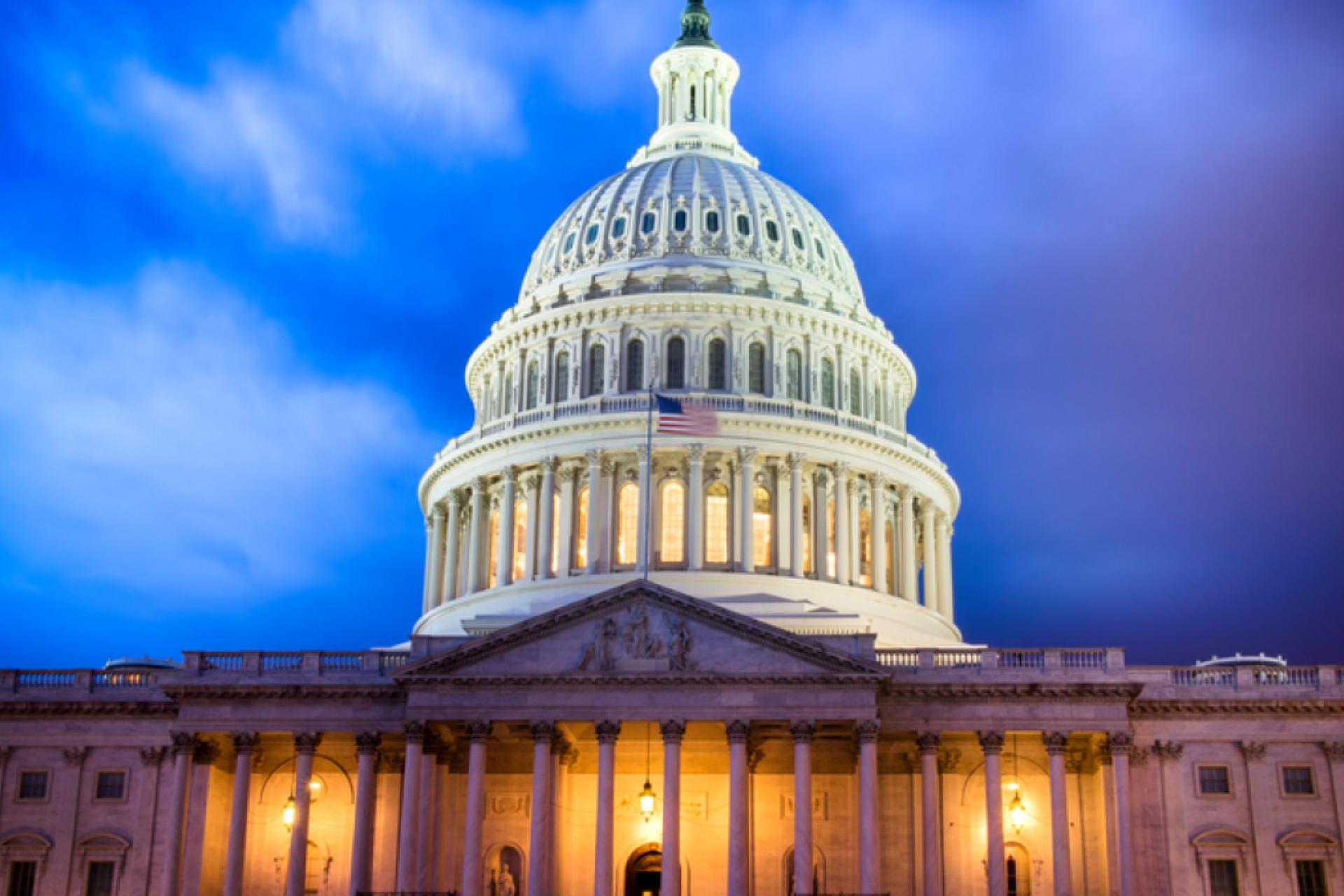Reps. Obernolte, DeGette, Carter, and Peters introduce bill to improve Congressional Budget Office scoring of preventative health savings

Washington, DC – This week, Representatives Jay Obernolte (R-CA), Diana DeGette (D-CO), Earl L. “Buddy” Carter (R-GA), and Scott Peters (D-CA) introduced bipartisan legislation to modernize how Congress evaluates the fiscal impact of preventive health care policies.
The Preventative Health Savings Act would establish a mechanism within existing law for the Congressional Budget Office (CBO) to assess long-term budgetary savings from preventive health care legislation over a 30-year window. Under current rules, the CBO primarily scores legislation within a 10-year budget window—an approach that often overlooks the full financial benefits of policies aimed at improving long-term health outcomes.
"Our budget process should reward forward planning, not penalize it. By enabling the CBO to account for long-term savings from preventive healthcare, this legislation brings much-needed precision and responsibility to how Congress evaluates public health investments,” said Rep. Obernolte. “It’s a commonsense reform that enables smarter federal health investments to strengthen both our healthcare system and the long-term fiscal health of our country."
"The Preventive Health Savings Act will save our country money and significantly improve how Congress considers preventive health policy,” said Rep. DeGette. “With better assessments from CBO, there will be more informed decisions on the long-term costs of illness and care. I'm proud to work on this important, bipartisan bill with Rep. Obernolte to bolster our public health and fiscal standing.”
“CBO does not currently have the tools it needs to effectively score health care legislation. By providing it with assessment tools that weigh the value of preventative care, including treatment, prevention, and screening, we will have a more complete understanding of how taxpayer dollars are being used and will deliver better health care policies for patients,” said Rep. Carter.
“Our current budgeting system gives no incentive for Congress to make investments today that will save patient lives and billions of dollars in unnecessary health care costs in the future. That’s because Congress only budgets in today’s money, we can’t account for the financial savings that curing a patient today generates fifteen or twenty years from now,” said Rep. Peters. “The Preventive Health Savings Act is not a silver bullet to fix the way we budget, but it will give Congress better data on how our decisions today impact patients and reduce health care costs in the future.”
By allowing for long-range budget estimates, the bill aims to support evidence-based investments in public health and promote policies that both improve healthcare outcomes and reduce long-term federal health expenditures.
###
